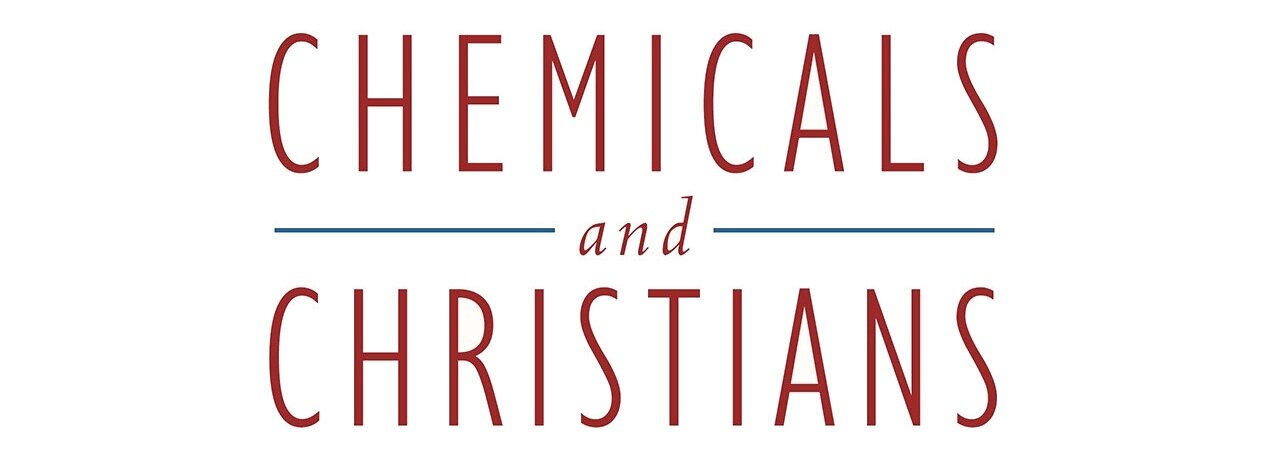It’s certainly been an interesting week or two. So much of the time I feel like my life, both past and present, has been and is so different from the norm that I’m like an alien, living in an alternate universe. Lately people have been visiting my planet, and I’m curious to see the effects of that.
The COVID-19 preparations and precautions have led to a bad news/potentially good news situation for those of us with chemical illness. The bad news is that the masks and mask inserts that environmentally ill people often rely on to navigate the toxin-saturated world have been unavailable or are costing far more than normal. This unfortunately comes at a time when there are exponentially more problematic disinfectants and hand sanitizers being used than usual. People with chemical illness are reporting having no safe places left other than their own homes. Many are needing family members to immediately shower and change clothes when they return from being anywhere at all.
Maybe some good will come from all this, though. These are some things I’d love to see:
1. I hope that people will get used to seeing others wearing masks. Recently I’ve heard healthy people talk about wearing masks in public and feeling they look like oddballs or freaks. I assume that means they think that’s what I look like when I wear one. It would be nice if the look became a little more commonplace and acceptable.
2. I’d love for churches and other organizations to improve their webcast and video conference offerings. I hope churches that don’t currently stream their services will decide to do it. I hope churches that already do will make improvements (like making sure the volume is adequate and providing the words to the songs being sung). If churches could figure out how to make Bible study and other small group gatherings accessible to those of us who can’t enter the church building, it would be a wonderful silver lining to the current challenging circumstances.
3. I’d be thrilled if the situation led to more understanding and compassion for people with chemical illness. We were doing social distancing before it was cool and we’re very familiar with the feelings of loneliness and isolation. The frustration and grief of not being able to attend events we would love to attend is a daily part of our lives. When those of you who are healthy return to full participation in society, I hope you’ll remember that some of us can’t do that without your help. The virus threat will diminish, but the threat of synthetic fragrances, pesticides, and other chemicals will remain.
Masks and staying at home aren’t the only things I’ve had experience with. I lived in Peru during a time when there were empty store shelves and a cholera epidemic among other challenges (like terrorism, political uncertainty, and inflation of 10,000 percent). I’m feeling less anxious about the current situation than a lot of people seem to be because it isn’t new to me. What I learned during those years is that people are resilient. We can find ways around challenges when we work together and help each other. Mostly what I learned was that God’s peace expands to fill the space we give it. When we stop to breathe, we realize that God is in us and around us and holding us tight.
It’s not just the COVID-19 situation that has made this an interesting week or two. If you count both dates, there are nine days between the anniversary of my sister’s death on March 7th and the anniversary of my husband’s death on March 15th. Those nine days tend to be some of the most emotionally challenging of the year for me. This year, in the middle of my “just get through it” time, I finally crossed the finish line of my excruciatingly long book publishing process. It’s done. The book (Chemicals and Christians: Compassion and Caution) can be purchased on Amazon, Christianbook, or through Redemption Press. I don’t know what to make of the timing, but I’m grateful to have finally reached this point. Thank you for your prayers and support. Thank you for being interested enough in this topic to read my blog. Thank you for wanting to know what it’s like on my planet.























